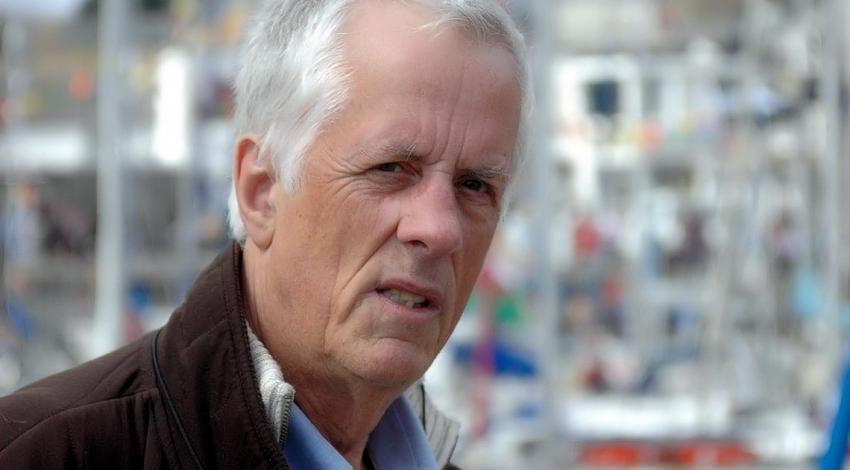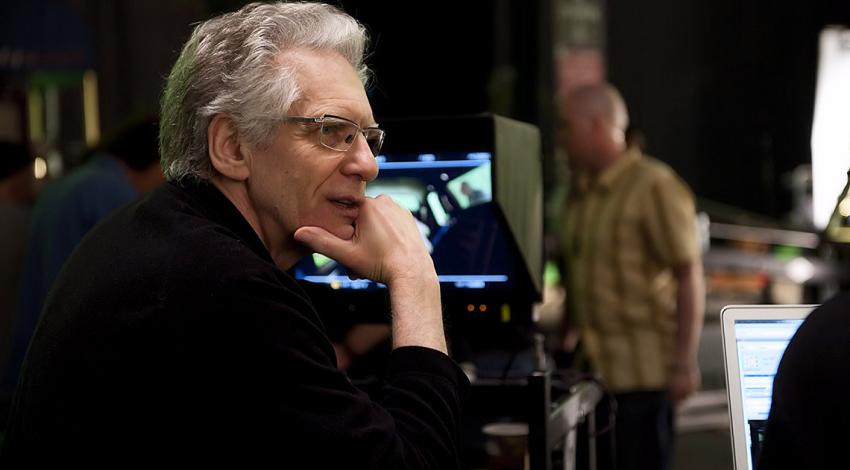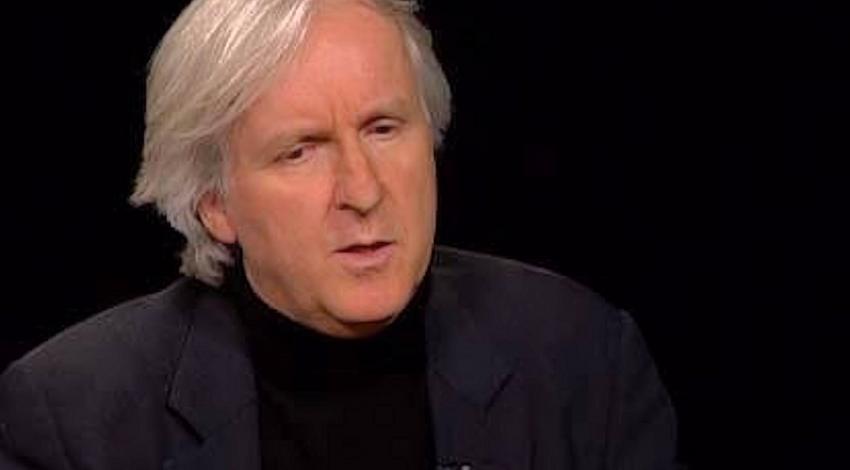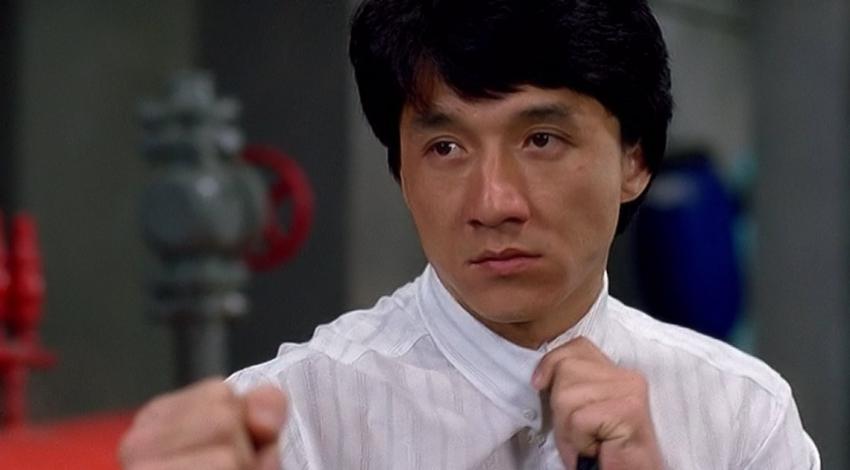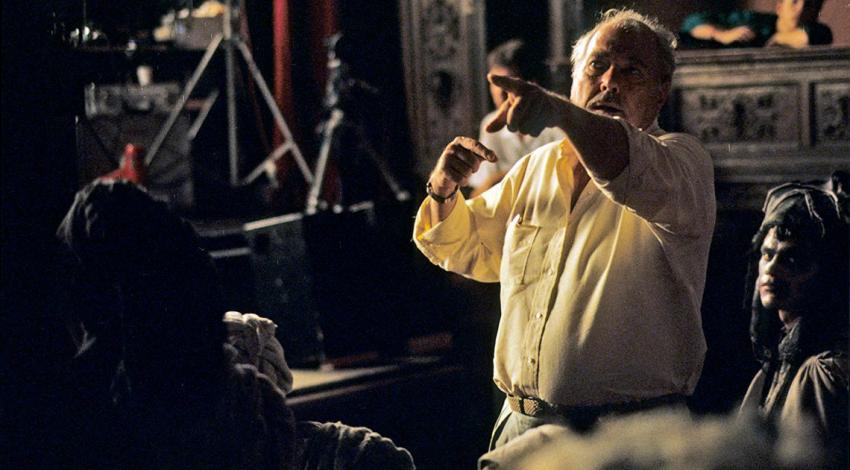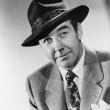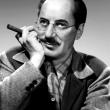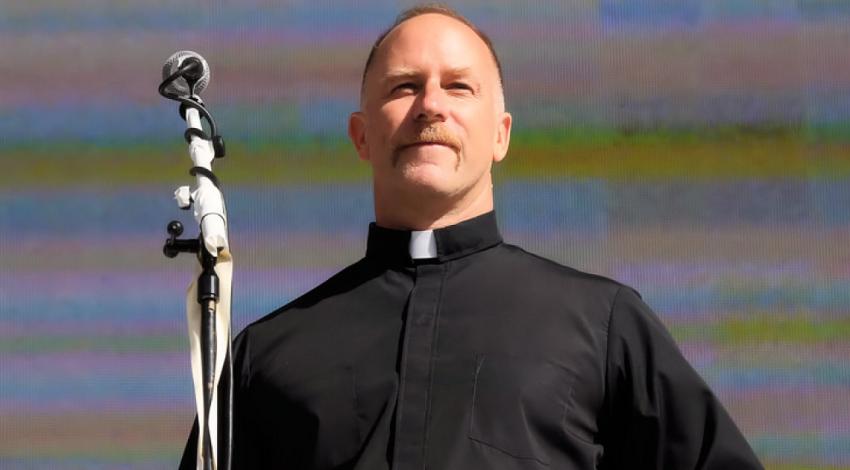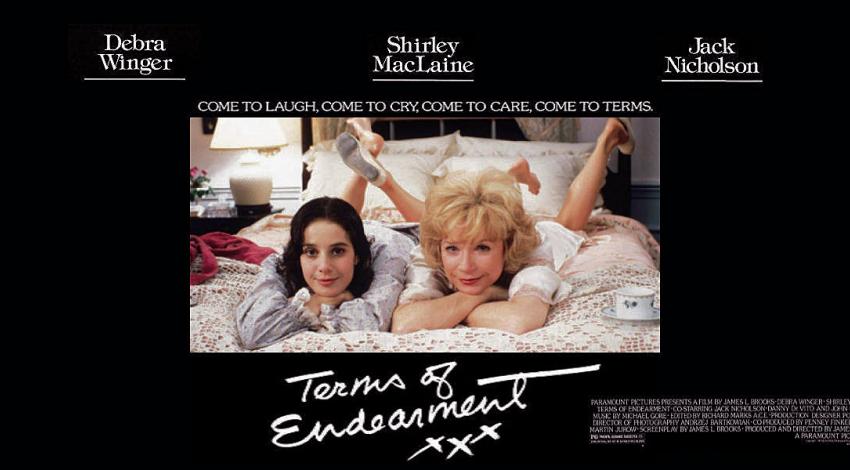Michelangelo Antonioni (On Directing)
I am not a theoretician of the cinema. If you ask me what directing is, the first answer that comes into my head is: I don't know. The second: All my opinions on the subject are in my films. Among other things, I am an opponent of any separation of the various phases of the work. Such separation has an exclusively practical value. It is valuable for all those who participate in the work - except for the director, if he happens to be both author and director at once. To speak of directing as one of the phases in this work is to engage in a theoretical discussion which seems to me opposed to that unity of the whole to which every artist is committed during his work.
- Read more about Michelangelo Antonioni (On Directing)
- Log in or register to post comments

